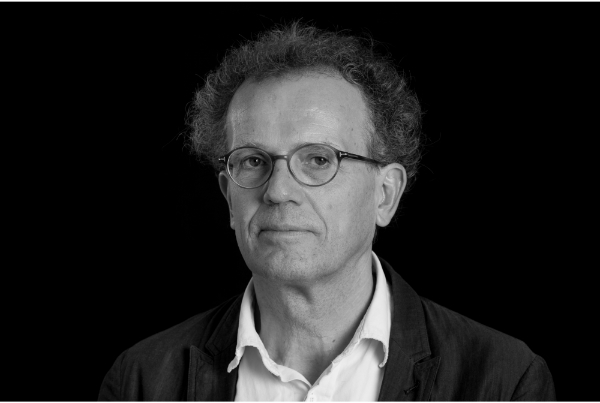Educated in economics, political science and sociology in Hamburg, London and Berlin, Peter Wagner has been academically active in various European countries, including Germany, the United Kingdom, France, Italy and Norway, as well as in the USA and South Africa, before coming to Barcelona in 2010. He was Research Fellow at the Wissenschaftszentrum Berlin für Sozialforschung, Professor of Sociology at the U of Warwick and the U of Trento as well as Professor of Social and Political Theory at the European University Institute in Florence. Furthermore, he is currently project director at Ural Federal University, Ekaterinburg, and held visiting positions at the University of Hamburg (2019-20), Université de Paris 8 (2011); U catholique de Louvain-la-neuve (2009-10); U of Cape Town (2009-10); EHESS, Paris (1998; 2001); U of California at Berkeley (1996; 1997); Swedish Collegium for Advanced Study, Uppsala; Institute for Advanced Study, Princeton (1990-91), among others.
